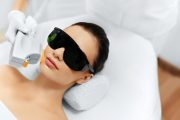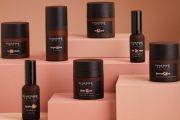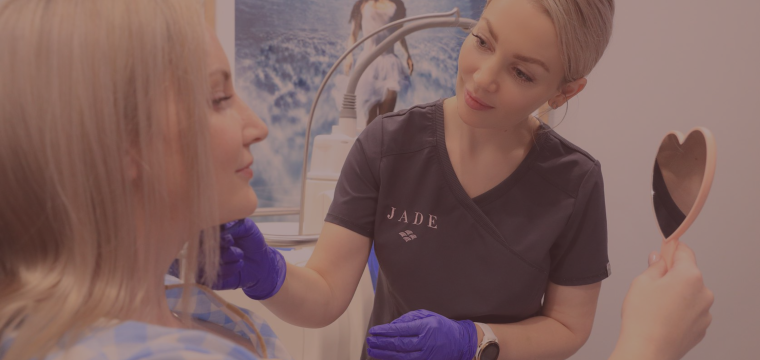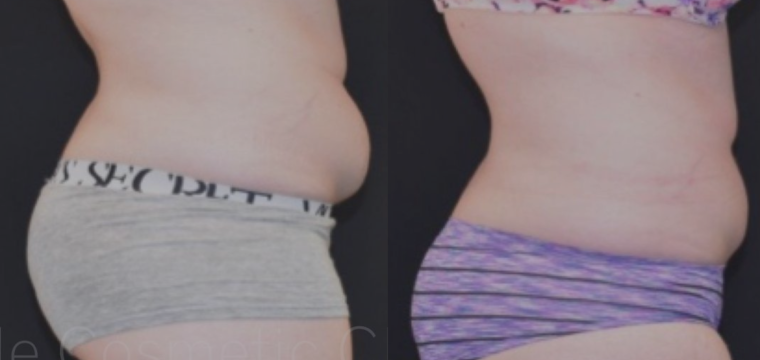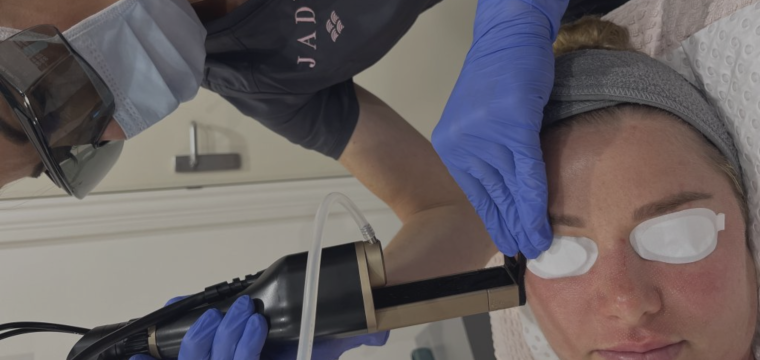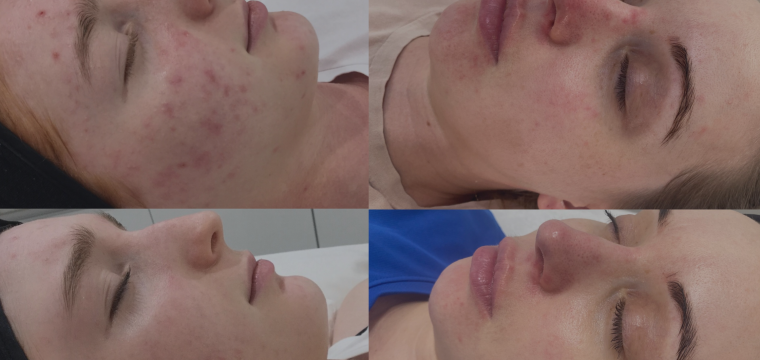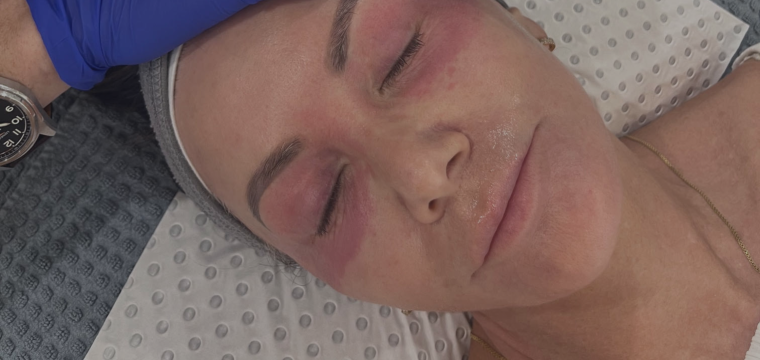In this blog we are going to provide you with a more simplified explanation on what you should know on the subject of: Sunscreen. Yes, that lotion, spray, gel or other solution you decide to apply on your skin is our sole topic today. Please keep an open mind and most especially think about how often you use sunscreen and what goes into your decision-making when you choose to purchase a particular brand/type.
Our clinics are constantly reviewing clinical data and keeping informed by the leaders in dermatology and cosmetic science which helps us form and confirm our view on the topic, but we would like for you to decide for yourself without too much of the same over-scientific explanations. So why not start with the most important distinction: The difference between Chemical and Physical sunscreens.
Chemical vs. Physical Sunscreens
Chemical sunscreens contain active ingredients such as: such oxybenzone, octinoxate, octisalate and avobenzone, amongst others which create a chemical reaction and change UV rays into heat, then release the heat from your skin. We have for a long time realised that when a chemical absorbs UV rays, there is a change in the energy of that molecule which can result in the formation of free radicals. If the free radical is on the surface of the skin then we don’t need to worry about it too much. However, when the free radicals occur in the depth of the skin they then set up chain reactions of free radical destruction and can do significant harm.
Pros:
- It’s lighter and easier to apply
- Less is needed for application
- Cheaper and easier to find
Cons:
- Often associated with skin reactions – redness, stinging
- Harmful on dry skin and eyes
- Frequent reapplication needed
- Possible hormone imbalances from byproducts of the chemical reactions
- Environmental fallout (ex: sunscreen chemicals have detrimental effect on coral and other ocean animals)
- Increased formation of free radicals
Physical sunscreens create a physical barrier between your skin and the sun. These products don’t absorb into the skin but remain on the surface. Physical sunscreens are naturally broad-spectrum, protecting against both UVA and UVB rays
Pros:
- Instant protection upon application, without waiting
- Ideal for sensitive skin
- Better for those with sensitive skin
- Lasts longer in direct UV light
- Zinc oxide has added benefits of healing suited to acne and irritated, dry skin
- Not associated with toxicity
- Mineral make-ups provide the added benefit of sunscreen and foundation in one
Cons:
- Zinc Oxide based sunscreens have in the past been associated with a white, chalky residue that needs constant reapplying, however with greater education relating to the pitfalls of chemical sunscreens and increased consumer demads there are now a variety of healthy physical sunscreen options including moisturisers and mineral makeups – BB creams, creams and loose powders.
Why is SPF Important?
The simplest answer would be that it’s just Not. That’s right, of all the things we consider when buying sunscreen, most consumers want to look for that big number on the bottle or tube, but it has far less importance compared to whether you’re buy a chemical or physical sunscreen.
Are you one of those who also thought SFP50 is better than SPF30 or even SPF15? Well in fact, the FDA has proposed to ban those numbers on the label because there has yet to be any scientific evidence to show that the higher numbers offer more protection than the lower numbers. It’s had more of a marketing effect than the intended calculation on how long you can stay out in the sun. We understand, the impulse to get snuggled into that comfort zone blanket of protection from these “higher, scientific” numbers, but beware of the marketing trap.
Why UV Matters
Ultraviolet (UV) radiation is energy from the sun that reaches us here on earth. UV radiation is invisible and classified into three categories of wavelengths: UVA, B and C. The more important of the three are the UVA and UVB waves as the UVC rays are absorbed by our ozone layer.
UVA rays:
- Are the longest wavelength rays and therefore penetrate the deepest into the skin
- Comprises 95% of the sun’s rays reaching earth
- Responsible for ageing (due to collagen destruction)
- Can cause skin cancer (benign and malignant)
- Suppresses the immune system of the skin making us more prone to skin cancer
- Can penetrate glass
- Is constant in intensity throughout the day and seasons.
UVB rays
- These are shorter rays and can only penetrate the surface layer of the skin (epidermis)
- Causes burning of the skin
- Can also cause cancer!
- More intense between 11am and 2pm
How It’s All Connected
It’s clear that UVA is much more dangerous than UVB light, however protection from both should be an important factor in your choices. From here, let’s bring it back to why the difference between physical and chemical sunscreens are more important. How do you feel about both choices now? How much weight will the SPF number have in your decision? Would you choose chemicals or minerals?
We hope your answer is that SPF is negligible and that choosing a physical sunscreen with better health and environmental benefits is the right choice to make. We should be thinking of our health, the health of our family and the environmental impact we have on this earth. Generating sales and gaining clients is one thing, but to do that without compromising our beliefs is another and it’s something we’re very proud of as a leader in the field.

